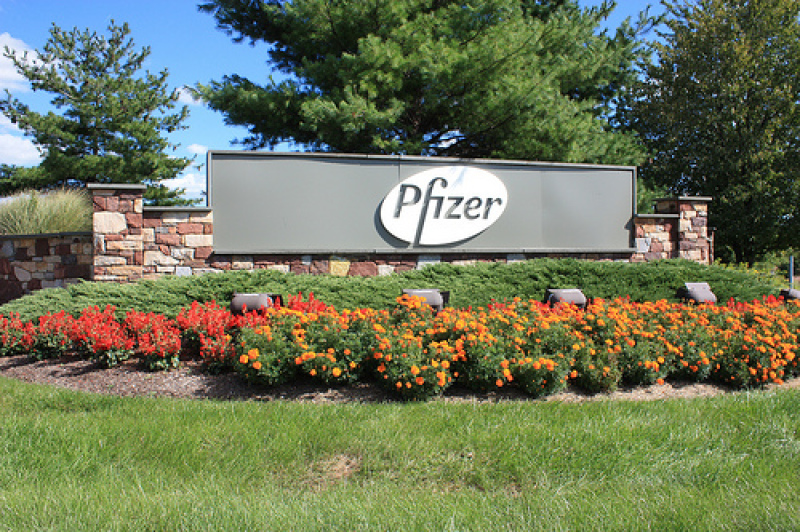
Public Citizen, a nonprofit consumer advocacy organization, revealed in a report released on Tuesday how Pfizer leveraged its patent on COVID shots to gain concessions from 'desperate' countries using "secret contracts."
According to a Public Citizen report released on Tuesday, Pfizer has exploited its role as a top manufacturer of the COVID-19 vaccine to "silence governments, throttle supply, shift risk, and maximize profits" via covert agreements with nations across the world.
Pfizer was accused in February of "bullying" Latin American countries during contract talks for its mRNA vaccine, which it manufactured with the German business BioNTech.
Pfizer and Albania, Brazil, Colombia, the Dominican Republic, the European Commission, and Peru reportedly signed "unredacted term sheets, drafts, and final agreements." Public Citizen also looked at contracts with Chile, the US, and the UK that were redacted.
Based on their evaluation of those contracts, in the face of a fatal pandemic, Pfizer is serving the corporation rather than public health. The report also highlights six strategies used by Pfizer.
Governments may be silenced at the discretion of Pfizer
The Brazilian government previously griped about the company's demands that are reportedly "unfair and abusive." Eventually, it accepted the contract that "waived sovereign immunity; imposed no penalties on Pfizer for late deliveries; agreed to resolve disputes under a secret private arbitration under the laws of New York; and broadly indemnified Pfizer for civil claims."
Additionally, Brazil agreed to include a nondisclosure clause like those found in contracts with governments such as the European Commission and the United States.
Pfizer manages donations
With Brazil as a case in point, Pfizer approval is required before the South American country may receive vaccine donations or purchase vaccines from outside parties. The government is also prohibited from "donating, distributing, exporting, or otherwise transporting the vaccine outside Brazil without Pfizer's permission."
Pfizer got an "IP waiver"
According to the report, Pfizer CEO Albert Bourla "has emerged as a strident defender of intellectual property in the pandemic," opposing a suggestion that World Trade Organization (WTO) members forego IP rights for COVID-19 vaccines and medicines throughout the pandemic.
"But, in several contracts, Pfizer seems to recognize the risk posed by intellectual property to vaccine development, manufacturing, and sale," wrote the Public Citizen.
The said contracts make government buyers responsible for Pfizer's intellectual property violations. Since they signed the deal, Pfizer is free to utilize the IP of anybody it wants, with no repercussion.
Private arbitrators rule instead of public courts
In addition to the UK contract, the report says the Albania draft contract and the agreements with Brazil, Chile, Colombia, Dominican Republic, and Peru oblige governments to submit "contractual disputes" to ICC arbitration under New York law.
Pfizer may seize public state-owned assets
Sovereign immunity may shield nations against firms seeking to enforce judgments made by the previously mentioned secret arbitral tribunals, as per the report. Pfizer may utilize public assets to ensure payment of arbitral awards or to reimburse Pfizer if the administration does not pay.
Pfizer is the ultimate decision-maker
"What happens if there are vaccine supply shortages?" The report concludes that under the vast majority of contracts, Pfizer's interests come first."
Given the aforementioned, Public Citizen is urging international leaders, including U.S. President Joe Biden, to "push back" against Pfizer's monopolistic strength.
The Biden administration can "call on Pfizer to renegotiate existing commitments and pursue a fairer approach in the future," the group claims, and "further rectify the power imbalance by sharing the vaccine recipe, under the Defense Production Act, to allow multiple producers to expand vaccine supplies."
The full report on "Pfizer's Power" can be downloaded here.


























